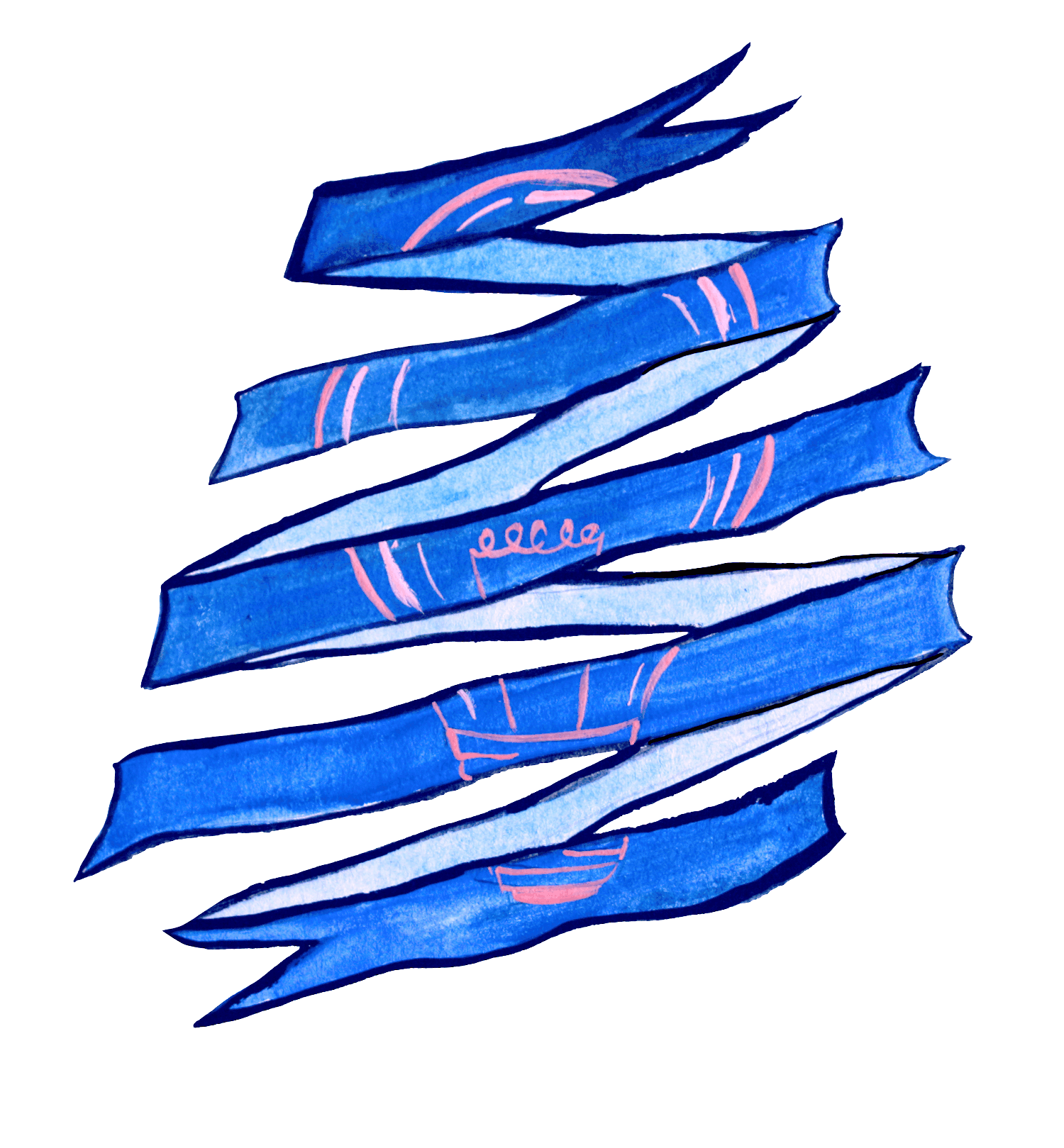Last month, nine U of T researchers received six prestigious awards from the Natural Sciences and Research Council of Canada (NSERC). The awards were presented in Ottawa to individuals ranging from masters students to long-time teaching professors. The winners collectively represent a host of talents from various scientific disciplines and engineering backgrounds.
Dr. Stephen Cook, a professor of computer science and mathematics, took home the Gerhard Herzberg Canada Gold Medal. Cook started out as a mathematics graduate student at Harvard, but changed his mind mid-way through his studies. “After taking a course in Logic and Computation from Hao Wang, my future advisor, I switched fields. My PhD thesis was inspired by a question posed by a pioneer in the field named Alan Cobham: is multiplication [of large numbers] intrinsically harder than addition?” Cook explains. In addition to the NSERC Herzberg medal, Cook has a long list of achievements on his resumé; he is also a fellow of the Royal Society of Canada. Last month, he added another one — the Order of Ontario.
Dr. Aneil Agrawal, a name familiar to anyone who has taken the foundational BIO210 course in ecology and evolution, was another NSERC winner. He is one of three U of T recipients of the E.W.R. Steacie Memorial Fellowship, intended to help develop the career of an engineer or scientist attending a Canadian university. Why did Agrawal choose to work at U of T in particular? “U of T has a long-standing tradition of scientific excellence in general,” Agrawal says. “Moreover, I am really thrilled to be in Canada’s only Department of Ecology & Evolution where I am surrounded by a number of outstanding colleagues who are also nice people!”
Another recipient of the Steacie Memorial Fellowship is Dr. Warren Chan, a professor at the Institute of Biomaterials and Biomedical Engineering at U of T. He is also co-founder of Cytodiagnostics, one of the top five nano-biotechnology companies in the world. The applications of Chan’s research have major implications for future personalized health diagnostic tools. “Take a disease like the flu, where it just walloped Toronto. But with this technology, you spit into a little slide, plus some dried reagents to crack out the bug, wait 20 minutes, and use your cell phone to view it and tell you whether the bug is present. You can do your own screening and diagnosis. The cool thing about a cell phone is that, because you can detect and store information, you can track diseases.” His advice to budding researchers: “Learn the basics. It’s really about learning the basics.”
Dr. Gregory Scholes, winner of the John C. Polanyi Award, has additional advice for young undergraduates. “Research requires a different skill set. Don’t be discouraged if your marks aren’t up there.” Scholes’ award recognizes his outstanding advances in biology and quantum physics. “It is an honour,” he says of the award, “I was thrilled when I got the call from the president. John [Polanyi] is my colleague, so it is special from that point of view.” Scholes studies how to harness solar energy as efficiently as an energy source as in nature. In addition to science journals, his work can be found in popular science media sources such as Scientific News and Discovery.
A number of other scientists at U of T were also recognized at the awards ceremony. Graduate student Christina Nona, who investigates kainite and NDMA receptors in the brain and their role in neural mechanisms responsible for learning and memory, was one. She was awarded nserc’s André Hamer Postgraduate Prize along with $10,000 for being one of the top four candidates in the master’s and doctoral category. Nona’s relationship with U of T goes back to her undergraduate years; she received her Bachelor of Science in neuroscience and organic chemistry in 2012. Nona decided to pursue her graduate studies at U of T because she liked the “rich, diverse research environment” that U of T provided.


